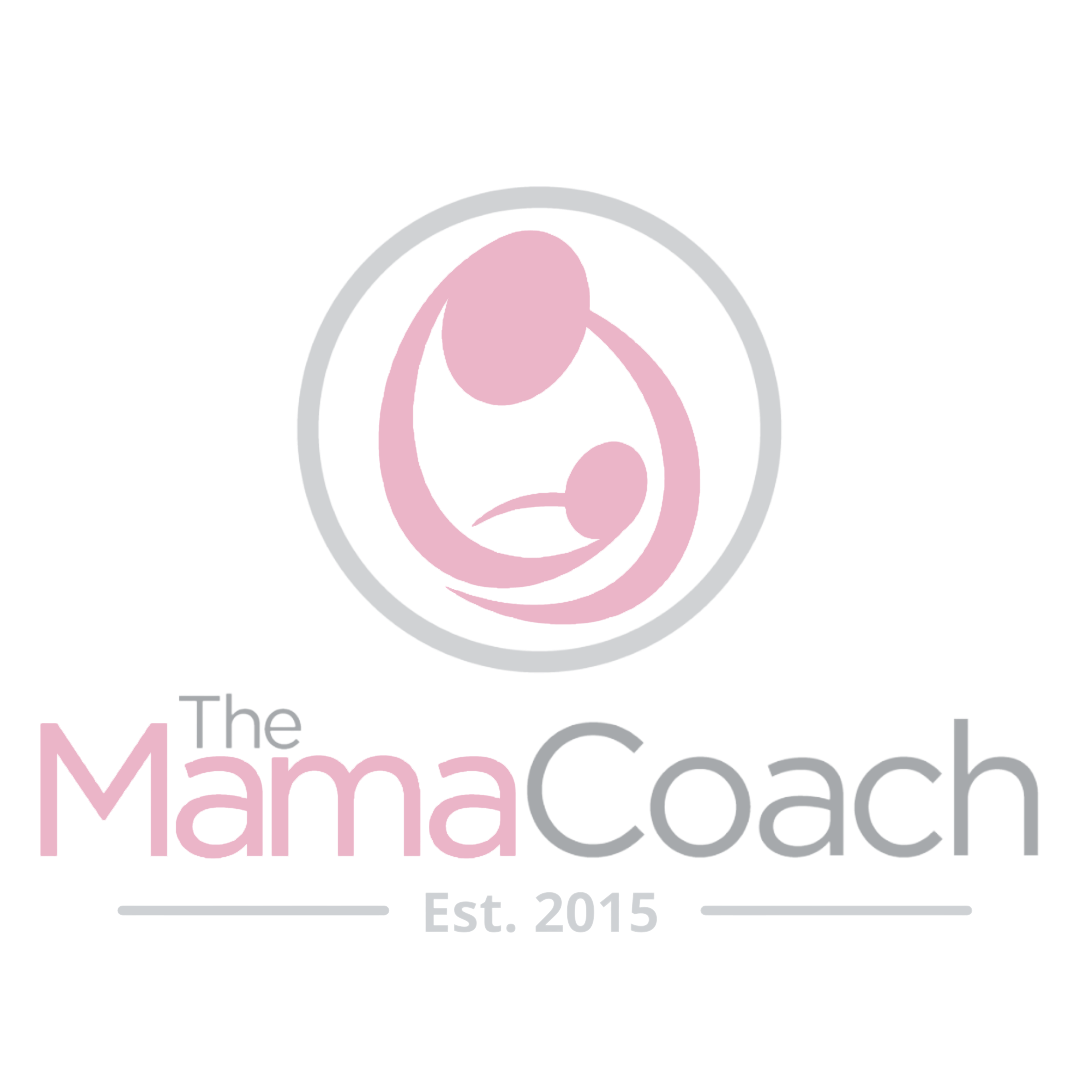Congratulations! If you are about to welcome your baby into the world or if you have a newborn resting in your arms right now, this post is for you! These tips were compiled from personal experience, friends, family, experts in the field, and new parents just like you. As new parents you are NOT expected to know what it will be like or what to do always, so the first tip is to take it day by day and ask for help when needed!
The following tips will guide you through those first 30 days with your newborn and hopefully make the transition into motherhood/parenthood a touch easier!
- Antenatal Hand Expression. This is something that is a great way to get comfortable with handling your breasts for breastfeeding, build a freezer stash of colostrum (which you can bring to the hospital with you), and increase your milk supply! At the very least it will also teach you the invaluable skill of tip #2
- Hand Expression. Expressing breast milk is a skill that takes a little practice. There is a specific technique to this and once learned is a fantastic way to relieve engorgement, express milk prior to a latch, express milk for supplementing your baby, relieve fullness at any time and so much more. Give yourself the gift of learning the proper technique! Here is an educational video for reference.
- Be Prepared For The Cluster feed! The first 24-48 hours with your newborn are amazing, overwhelming, and emotional, and can also be a bit confusing. Know that cluster feeding is completely normal!
- Research Bottles And Bottle Nipples. Even if you plan to exclusively breastfeed, bottles are likely to make an appearance at some point, possibly for supplementation or partner feeding. It’s great to do a bit of research and have an idea of the many differences, advantages, and disadvantages of different bottles and nipple flow for your baby. You might want to also research breast pumps at this time, you do not need to go out and purchase one before your baby arrives, but it is good to know what you like in case you need one after!
- The Latch. Breastfeeding really comes down to this. Getting a good deep, asymmetrical latch makes all the difference in your baby’s ability to transfer milk and meet nutritional requirements, avoid nipple soreness/skin breakdown, and supply issues. Remember “tummy to tummy, nipple to nose”! Always reach out to a lactation professional for assistance with getting a great latch as well as for support in navigating issues such as tongue ties, over or undersupply, flat/inverted nipples etc. Your local Mama Coach can help you!
- Paced Bottle Feeding. If this is the first time you are hearing this term you are not alone. When bottle feeding your baby, paced bottle feeding is a game changer!
- Skin To Skin. In those first few hours of life your baby will benefit from this SO much. Then in the first 1-2 weeks at home with your little one, skin-to-skin cuddles are great for your baby and will help with breastfeeding too. You can get in a cycle of skin to skin, feed, sleep, and repeat! Partners can do skin-to-skin too and is a great way to bond.
- Get A Countertop Bath or use your kitchen sink for bathing your newborn. It can be hard to get down and bend over that tub, save your back!
- Baby Wearing. Don’t be afraid to do this! Newborns love to be near you and this is a great way to get out for a walk or outing or have both hands free to do whatever you want around the house! There are a vast array of carriers out there so do some research and see what will work best for you and your baby.
- Prepare Food. Make some frozen meals and have them ready to go with easy/minimal prep. Cut up fresh fruit and vegetables and freeze them in small bags so they are ready to throw in a blender for a smoothie on the go! This will save you time and money in that first month when you are looking for something to eat fast and do not have the energy or time to cook.
- Padsicles. These are perfect for recovery! Recipe HERE
- Nasal Aspirator. This is the most satisfying tool ever! (Ok, maybe not for everyone!) Just like us, it is hard to eat/drink when we have a stuffy nose and can not breathe. Babies can be snotty little humans, so being able to clear their nasal passages before latching or bottle feeding will make the feed go so much better. HydraSense or NoseFrida are two great options!
- Light For Day, Dark For Night. Babies are not born with a circadian rhythm. They have been running off of your hormones in utero. In this new big crazy world they have no idea what day is and what night is. So if you start to incorporate lots of natural light during the day then dim the lights in the evening and keep things quieter before bed. This is a great first step to initiating good sleep habits. Also…
- Dark Room. You can start this great sleep tool when your baby is a newborn and then carry it through as your baby ages. Devices that throw light in babies’ sleep space are a deterrent from entering into stage one sleep, try to avoid these. Turn a soft yellow light on for night feedings and then turn it off once it’s time for them to go back to sleep. Also, as babies age, that extra light entering their eyes will drop melatonin levels and affect sleep cycles as well.
- Avoid Clock Watching. When you are breastfeeding your baby, try not to watch the clock and base feeds around time per breast. Every breast and baby is different and a full feed may happen in as little as 5 minutes, or up to 30 minutes or more. Rather get to know what a nutritive feed looks like (sucks & swallows) and when to end the feed. Then burp your baby and comfort them with skin-to-skin or cuddles rather than getting in the habit of always having your baby fall asleep on your breast.
- White Noise. This is a fantastic sleep tool! As your baby grows, you want to encourage healthy sleep habits with the use of sleep tools and removing sleep props. You want to find a white noise machine that does not have an automatic shut-off and will stay on for all sleep. It should range from 50-60 decibels and has a constant noise level with not too much change in frequency and pitch.
- Burping. You can not burp your newborn baby too much! Placing your baby high over your shoulder, or sitting your baby on your lap and supporting the head/neck by holding under their chin, or laying them belly down on your lap while supporting their head/neck, all while using a cupped hand to pat baby’s back for 30-60 seconds. Try all 3 positions on repeat, the movement will help to release that extra air!
- Pee Pads. Grab some extra pee pads to have handy. These are great for pre or post-bath for giving your baby a bit of diaper-free kick time. Also handy for when your baby has a diaper rash and you want to do extra air-dry time!
- Safe Sleep Environment. You are the parent and you get to decide what works best for you and your family. Sleep is only a problem if it is a problem for you! As a start though, research safe sleep guidelines in your local area, and talk to your healthcare provider about this, then do what feels right for you.
- Portable Feeding Bag/Station. You are going to be feeding your newborn every 2-3 hours around the clock. It is so nice to have a bag or basket that you can stock with essentials to have next to all your feeding chairs or just one that you can move with you! Sometimes you get stuck with your baby sleeping on you and it’s nice to have things within reach to grab! Include a water bottle and snacks for you, breast pads, nipple cream, burp cloths (lots of these!), and extras like pacifiers, your electric pump, Haakaa pump, milk storage bags, and baby wipes — you seriously can never have enough baby wipes!
- Avoid Nap Jail. Go out. Get fresh air, meet friends in the park, see your family, or go for a drive. Babies can sleep in carriers, car seats, and strollers if monitored and safe. Naps on the go are totally fine! (and encouraged).
- Stay Off Dr. Google. Seriously, ask any new mom. This is a rabbit hole you want to avoid. Please seek out professional advice.
- As a Follow-up to #21, we know you are going to be on your phone, so Use Credible Websites for information on common minor illnesses and injuries and guidance on when to seek help.
- Take the Pain Meds! In that immediate postpartum period use the pain medication that is prescribed to you. If you are suffering with pain it is hard to care for your baby too. Get the rest you need, hydrate and nourish yourself, try to rest, and take the pain medication if needed.
- Practice Saying NO. This is a hard one for a lot of people. If you are going to do this at any time in your life, having a newborn is a great time! Say no to a ton of visitors, to people touching your baby, to having to entertain, to the extra cleaning/laundry/housework that just does not need to be done! Allow yourself to just enjoy this time that you do not get back.
- Find Your Person or People. Join a moms/parent group, meet up with parents from your prenatal class, go to parent and tot groups, and talk to people at the park! Having someone that is going through the same stages as you that you can chat with is wonderful in SO many ways.
- Accept Help. When those around you offer to clean your home, hold your baby so you can shower, cook meals, do your laundry, bring you a coffee or groceries, etc., say YES! Erase the preconceived notions that you are expected to do it all. Accept the help. Just as important; allow yourself to ASK for help.
- Give Yourself Extra Grace. Be patient with yourself, there are a lot of “firsts” in those initial 30 days and you may not know how to handle them. That is okay. Take a deep breath and know that you are all your baby needs.
- The Big Three. You are going to wonder if your newborn is getting enough to eat. Keep these 3 things in mind: Is your baby gaining weight? Are they settled in between feeds? Are they having adequate wet and dirty diapers in 24 hours?
- Do Things For You. Even if this means going to the drug store and walking the isles for an extra 20 minutes while grabbing that last-minute package of diapers or nipple cream. Stop and grab a coffee, and take those few minutes. Those extra few moments away from stressors may be all you need to recharge. This also means taking the time to do things to help with your recovery like pelvic floor physiotherapy and massage.
Hope this helps! And remember, reach out to the Mama Coach in your area for Newborn Support.


